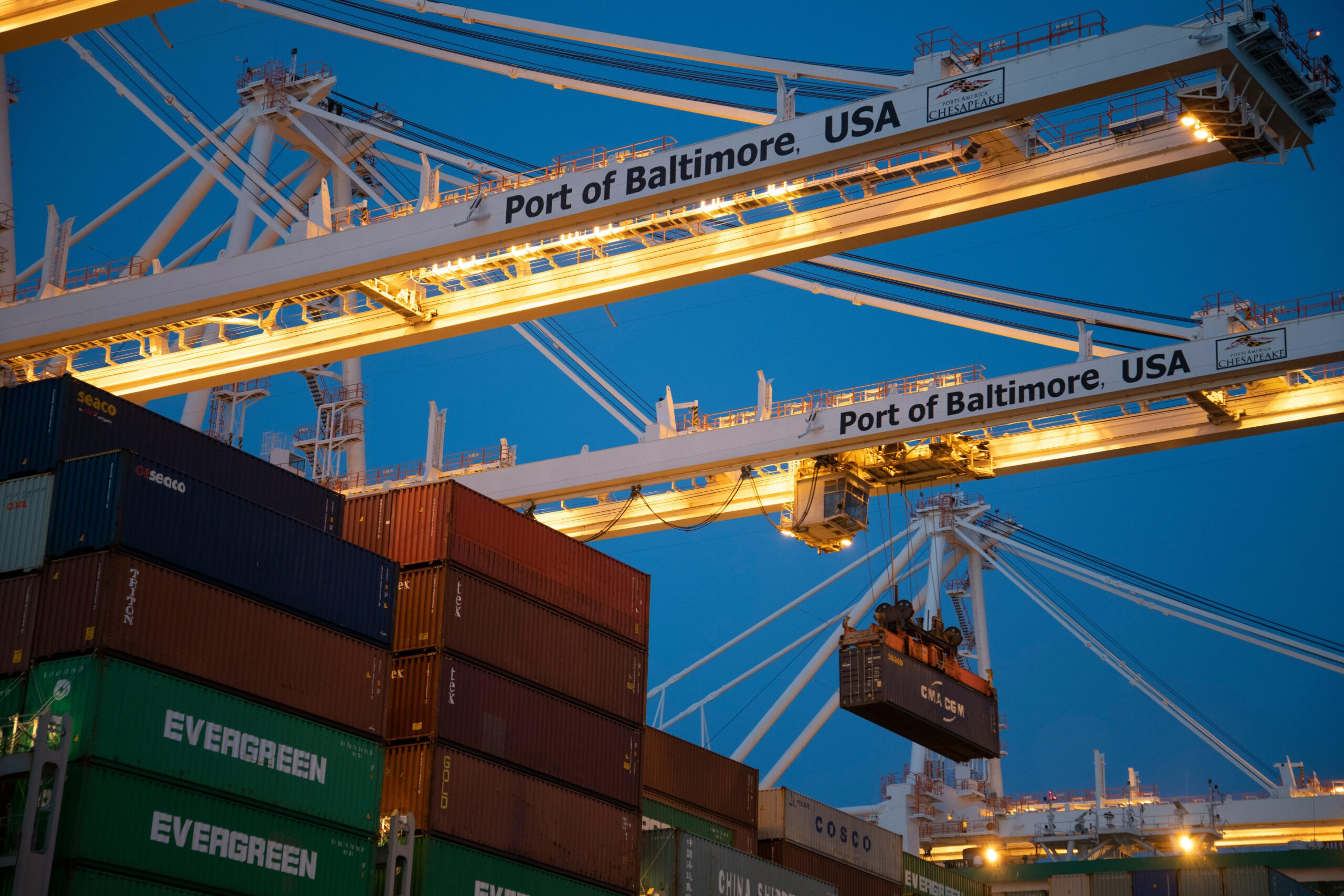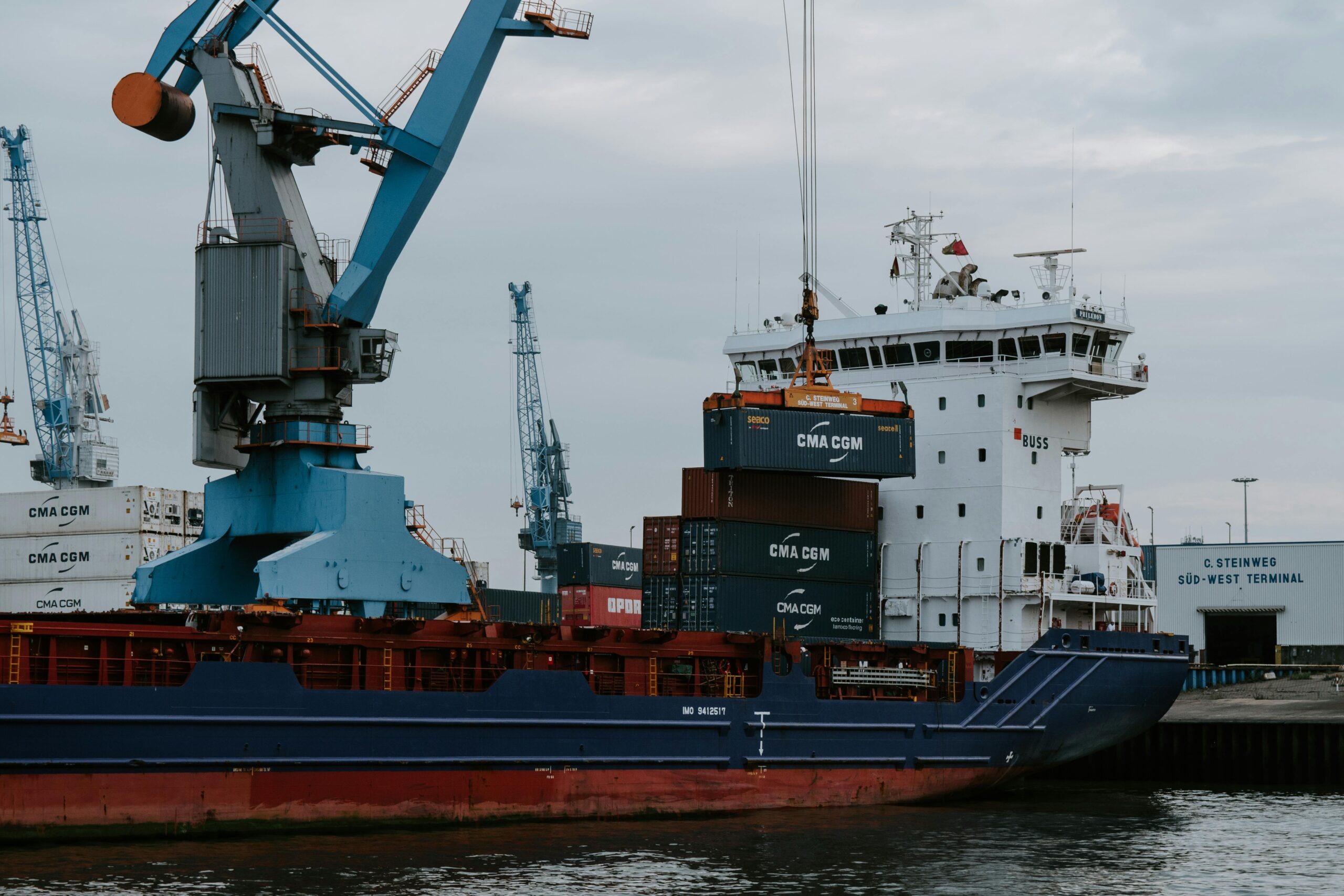Foreign exchange closing is the process in which a foreign currency is converted into the national currency — in the case of Brazil, the real (BRL). This step is fundamental in international transactions, as it allows Brazilian companies to pay foreign suppliers using the currency required in the contract, such as the US dollar (USD), euro (EUR), yuan (CNY), among others.
For example, if you are importing products from China, it will be necessary to acquire yuan or dollars to make the payment to your supplier. This procedure is carried out through an authorized financial institution, which intermediates the purchase of the foreign currency and formalizes the transaction with the Central Bank of Brazil.
The Importance of Exchange Regulation
All foreign exchange operations carried out in the country must be registered in the Central Bank's Information System (Sisbacen). This registration guarantees the legality of the operation and is essential for maintaining transparency and traceability of financial transactions with foreign countries.
Therefore, it is essential to carry out foreign exchange closing through financial institutions duly authorized by the Central Bank (Bacen). Attempting to operate outside this system, in addition to being illegal, can generate penalties, financial losses, and even the blocking of goods by the Federal Revenue Service.
Who Must Carry Out Foreign Exchange Closing?
Companies of all sizes that carry out imports or exports must go through this step. Even smaller or occasional operations require compliance with exchange regulations, which includes the formal closing of the transaction.
The closing can be carried out through commercial banks, exchange brokers, or other institutions accredited by Bacen. Furthermore, contacting the foreign exchange department of your financial institution — or a customs broker or trading company — can greatly facilitate the entire process.
When to Carry Out Foreign Exchange Closing?
The ideal time to carry out foreign exchange closing can vary, but it commonly occurs after the purchase contract is signed and before payment to the supplier. Some companies even choose to carry out currency hedging operations to protect themselves against exchange rate fluctuations, ensuring greater cost predictability.
Final Tip: Don't Leave Foreign Exchange for the Last Minute
One of the most common mistakes of those starting out in foreign trade is leaving the foreign exchange closing for the end of the process, which can lead to delays or financial losses due to exchange rate variations. The ideal is to plan in advance, rely on specialized professionals, and always pay attention to quotations and legal requirements.
Conclusion
Foreign exchange closing is not just a formality: it is a strategic and mandatory step in any international trade operation. It ensures that your company complies with the law and that transactions occur safely, efficiently, and legally.
If you are starting out in the world of imports, seek support from specialized professionals, such as foreign trade advisors, authorized banks, and customs brokers. And remember: anticipating the foreign exchange closing can be the key to a successful and financially advantageous import.
Avoid mistakes when importing!
Having a specialized import consultancy can save you from many future risks. See what Genco Import & Export can do for you:
- Sourcing your product to find the best value for your product.
- Simulating all costs before you embark on this journey.
- Negotiating values with suppliers, freight forwarders, and customs brokers.
- Unifying all documents. Less headache for you!
- Closing the exchange rate for your process.
- Conducting inspections and issuing complete reports for your follow-up.
And much more!
Count on Genco for the best advisory for your imports.
Contact us and learn more about our services!




